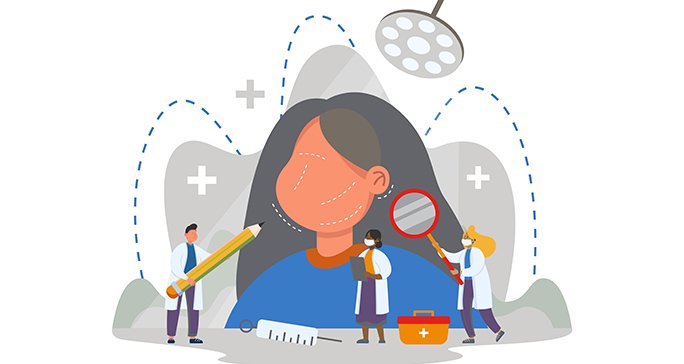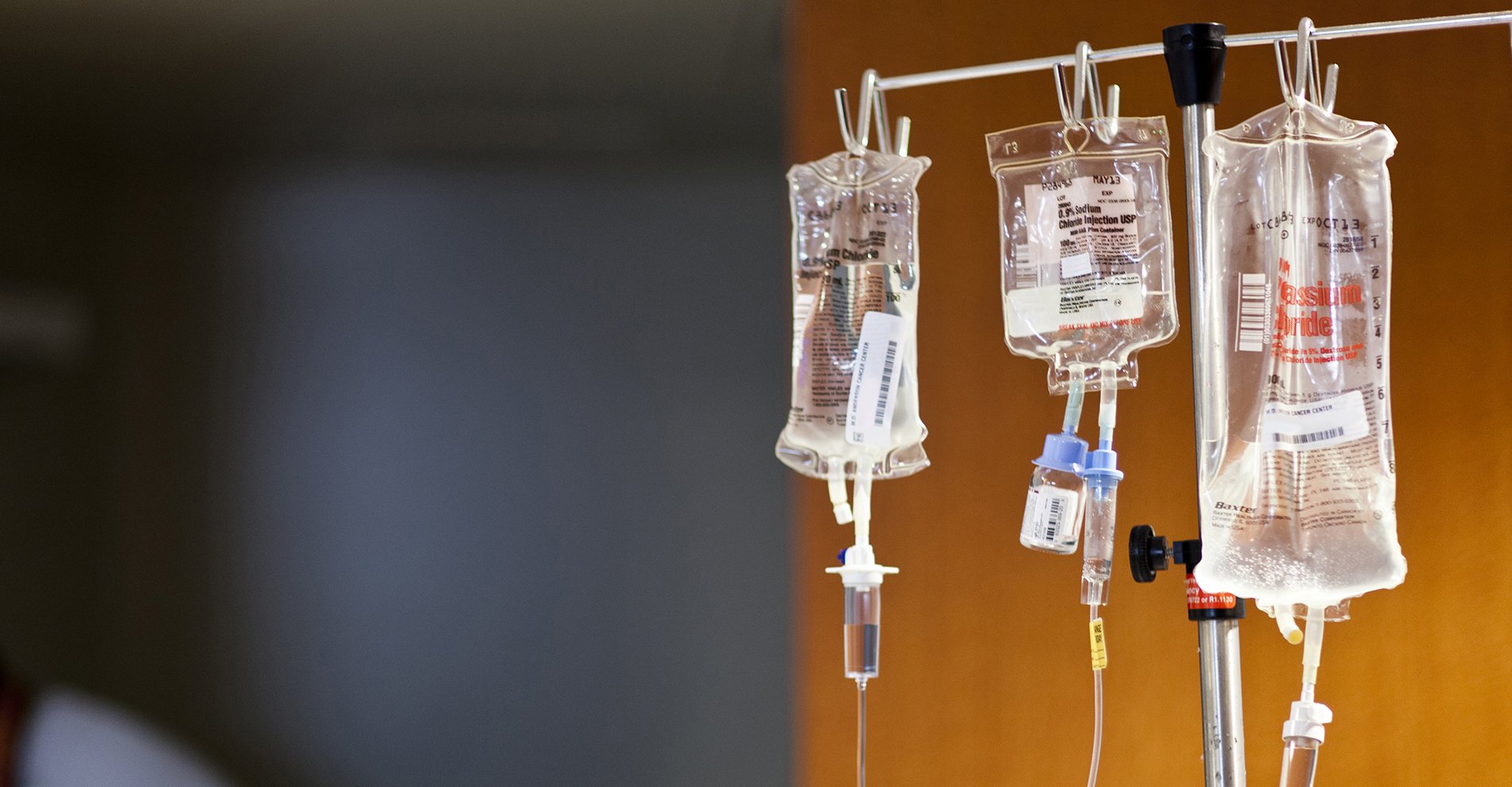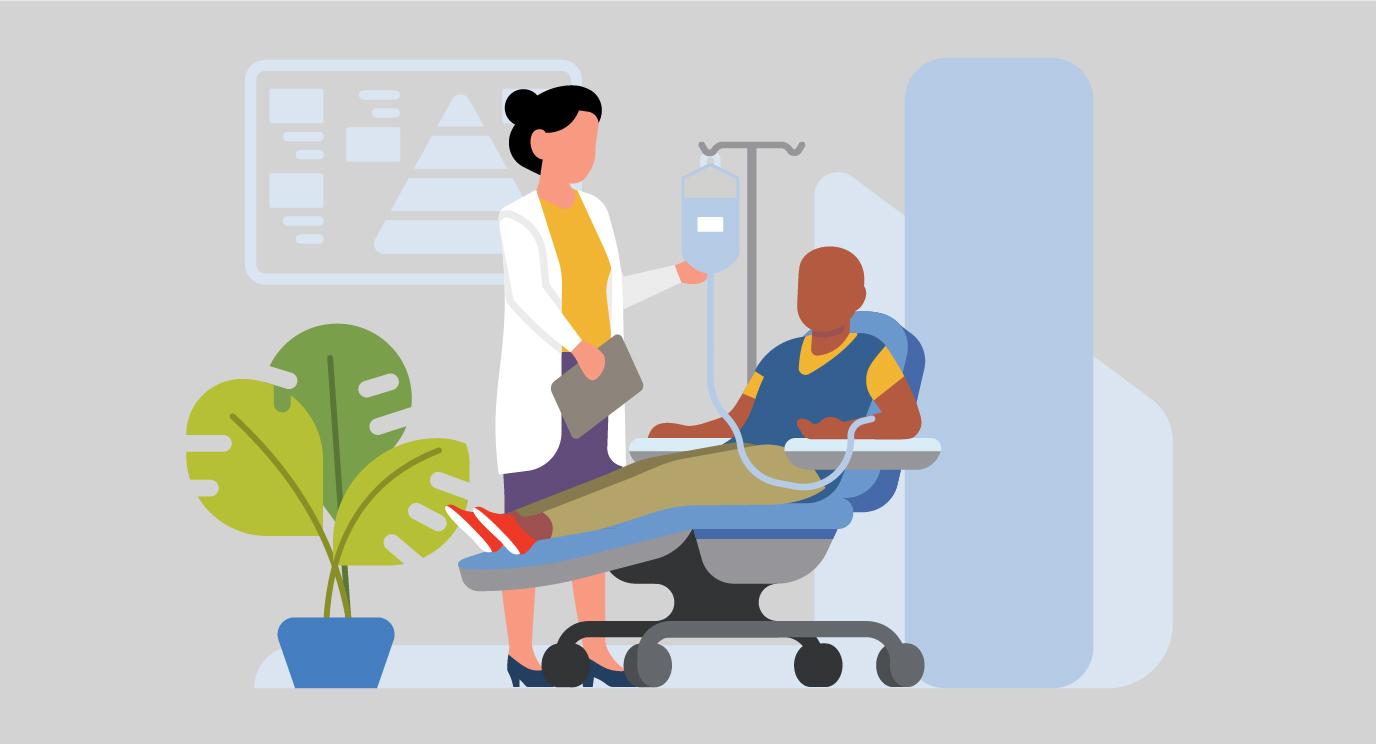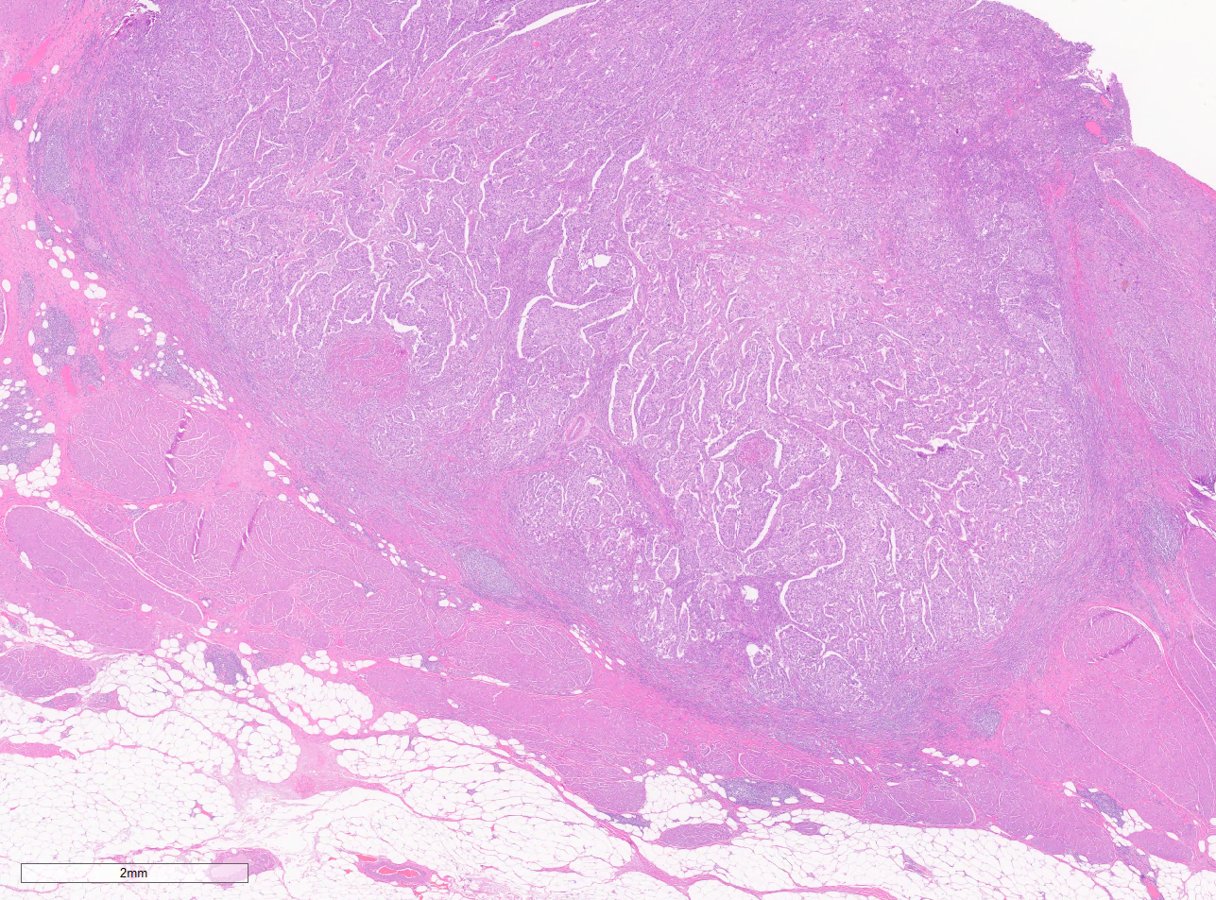- Diseases
- Acoustic Neuroma (14)
- Adrenal Gland Tumor (24)
- Anal Cancer (66)
- Anemia (2)
- Appendix Cancer (16)
- Bile Duct Cancer (28)
- Bladder Cancer (68)
- Brain Metastases (28)
- Brain Tumor (230)
- Breast Cancer (718)
- Breast Implant-Associated Anaplastic Large Cell Lymphoma (2)
- Cancer of Unknown Primary (4)
- Carcinoid Tumor (8)
- Cervical Cancer (154)
- Colon Cancer (164)
- Colorectal Cancer (110)
- Endocrine Tumor (4)
- Esophageal Cancer (42)
- Eye Cancer (36)
- Fallopian Tube Cancer (6)
- Germ Cell Tumor (4)
- Gestational Trophoblastic Disease (2)
- Head and Neck Cancer (6)
- Kidney Cancer (124)
- Leukemia (344)
- Liver Cancer (50)
- Lung Cancer (288)
- Lymphoma (284)
- Mesothelioma (14)
- Metastasis (30)
- Multiple Myeloma (98)
- Myelodysplastic Syndrome (60)
- Myeloproliferative Neoplasm (4)
- Neuroendocrine Tumors (16)
- Oral Cancer (100)
- Ovarian Cancer (170)
- Pancreatic Cancer (166)
- Parathyroid Disease (2)
- Penile Cancer (14)
- Pituitary Tumor (6)
- Prostate Cancer (144)
- Rectal Cancer (58)
- Renal Medullary Carcinoma (6)
- Salivary Gland Cancer (14)
- Sarcoma (236)
- Skin Cancer (296)
- Skull Base Tumors (56)
- Spinal Tumor (12)
- Stomach Cancer (60)
- Testicular Cancer (28)
- Throat Cancer (90)
- Thymoma (6)
- Thyroid Cancer (98)
- Tonsil Cancer (30)
- Uterine Cancer (78)
- Vaginal Cancer (14)
- Vulvar Cancer (18)
- Cancer Topic
- Adolescent and Young Adult Cancer Issues (20)
- Advance Care Planning (10)
- Biostatistics (2)
- Blood Donation (18)
- Bone Health (8)
- COVID-19 (362)
- Cancer Recurrence (120)
- Childhood Cancer Issues (120)
- Clinical Trials (626)
- Complementary Integrative Medicine (24)
- Cytogenetics (2)
- DNA Methylation (4)
- Diagnosis (230)
- Epigenetics (6)
- Fertility (64)
- Follow-up Guidelines (2)
- Health Disparities (14)
- Hereditary Cancer Syndromes (124)
- Immunology (18)
- Li-Fraumeni Syndrome (8)
- Mental Health (118)
- Molecular Diagnostics (8)
- Pain Management (62)
- Palliative Care (8)
- Pathology (10)
- Physical Therapy (18)
- Pregnancy (18)
- Prevention (896)
- Research (390)
- Second Opinion (74)
- Sexuality (16)
- Side Effects (604)
- Sleep Disorders (10)
- Stem Cell Transplantation Cellular Therapy (216)
- Support (404)
- Survivorship (322)
- Symptoms (184)
- Treatment (1776)
Lynch syndrome: 10 things to know about this genetic condition
5 minute read | Published April 24, 2024
Medically Reviewed | Last reviewed by an MD Anderson Cancer Center medical professional on April 24, 2024
Lynch syndrome is a genetic condition that makes some people more likely to develop certain cancers.
Carriers have a much greater chance than the average person of developing colorectal cancer and endometrial cancer. They are also at higher risk for ovarian cancer, small bowel cancer, urinary tract cancer, and even glioblastoma at some point in their lives.
But just how common is Lynch syndrome? How much does it increase your cancer risk? And, what should you do if you think you might have it? Here are the answers to these and seven other questions I routinely hear about this condition.
How common is Lynch syndrome?
Historically, Lynch syndrome has been considered a rare genetic condition. But today, there are around 1 million carriers of Lynch syndrome in the United States alone. And 1 million is a lot. So, it’s not actually that rare.
Among the general population, about 1 in 279 people has Lynch syndrome.
How much does having Lynch syndrome increase my risk of developing cancer?
The lifetime risk of developing colorectal cancer in the general population is about 5%. Among Lynch syndrome carriers, though, it jumps to between 40% and 80%. Men with Lynch syndrome have a 60% to 80% lifetime risk of developing colorectal cancer, while women have a 40% to 60% risk.
Women also have a 40% to 60% chance of developing endometrial cancer. The risk of developing small bowel cancer, urinary tract cancer and ovarian cancer, meanwhile, is between 5% and 10% each. And, the risk of developing glioblastoma is between 1% and 3%.
What causes Lynch syndrome?
Lynch syndrome is caused by a mutation in one of the following genes:
- MLH1
- MSH2
- MSH6
- PMS2
These genes are responsible for repairing mistakes in the DNA. So, if one of them stops working properly, a person becomes much more susceptible to developing cancer, particularly at a young age.
Lynch syndrome is hereditary, so there’s a 50% chance that a carrier will pass on the mutation to each of their children. Males and females are equally likely to be affected. And, unfortunately, Lynch syndrome does not skip generations.
What should I do if I think Lynch syndrome runs in my family?
The first step is to talk to your doctor. From there, you might need to meet with a genetic counselor, who can sketch out your family tree and look for patterns of inherited cancer.
Red flags we typically look for are:
- multiple family members who’ve had colorectal, endometrial or ovarian cancer
- any family members who’ve had BOTH colorectal and endometrial cancers, and/or
- any family members who were diagnosed with cancer associated with Lynch Syndrome before age 50.
Does Lynch syndrome itself have any symptoms?
No. But if you have a cancer related to it, you might start showing symptoms of that cancer.
With colorectal cancer, for instance, you might see blood in your stool, feel pain during bowel movements, or notice a change in your bowel habits.
With endometrial cancer, meanwhile, you might have unusual bleeding, feel pain or pressure in your pelvis, or have abnormal vaginal discharge. Both diseases can cause unexplained weight loss.
How is Lynch syndrome typically diagnosed?
More and more people are being diagnosed through genetic testing. But a lot of people only find out they have Lynch syndrome when someone else in their family — particularly a very young person — gets diagnosed with a tumor, and they are told it has certain features. That person then gets genetic testing, and if Lynch syndrome is confirmed, it opens up the door for other family members to get tested, too.
Is there a cure for Lynch syndrome?
No. But it can be managed. And with good management, any cancers that develop from it can be caught early, when they’re most treatable.
How is Lynch syndrome typically managed?
The risks for each mutation are different, so approaches vary. Generally speaking, though, carriers of the MLH1 or MSH2 mutations have higher risks than people carrying the MSH6 or PMS2 mutations. So, if someone is healthy and hasn’t been diagnosed with cancer yet, we recommend:
Lower-Risk Group (MSH6 and PMS2 mutations)
- An annual colonoscopy starting between ages 30 and 35
- A transvaginal ultrasound and/or endometrial biopsy every two or three years
Higher-Risk Group (MLH1 and MSH2 mutations)
- An annual colonoscopy starting between ages 20 and 25
- A transvaginal ultrasound and/or endometrial biopsy annually or every other year
- An upper endoscopy every other year
We also recommend that all Lynch syndrome carriers get urine cytology screenings to rule out bladder cancer, and schedule a consultation with a dermatologist to get a baseline skin check and establish a follow-up routine. There’s a specific type of skin tumor called keratoacanthoma that Lynch syndrome carriers are more likely to develop.
If you have a uterus or ovaries, you might wish to consider a prophylactic hysterectomy or oophorectomy once you’re finished having children. This will help reduce your risk of endometrial and ovarian cancers.
What are the latest Lynch syndrome advances?
On the treatment side, Lynch syndrome-related tumors have proven to be highly responsive to immune checkpoint inhibitors. That’s because they are hyper-mutant, meaning they accumulate hundreds of thousands of mutations. This makes them an easy target for the immune system to recognize.
On the prevention side, clinical trials have shown that a common over-the-counter pain reliever — aspirin — can reduce the risk of Lynch syndrome carriers developing certain cancers by activating particular immune responses in the body.
We also have a clinical trial underway right now that’s exploring whether a vaccine can help prevent colorectal cancer and pre-cancerous polyps. This could potentially be a game-changer for Lynch syndrome carriers.
What’s the life expectancy for someone with Lynch syndrome?
Lynch syndrome carriers can live healthy and productive lives. It’s not written in stone that you’re going to have cancer, just because you have Lynch syndrome. Carriers must see their health care providers regularly for proper surveillance. But you can also be proactive. Preventive options are available.
Eduardo Vilar-Sanchez, M.D., Ph.D., is chair ad interim of Clinical Cancer Prevention at MD Anderson. He specializes in hereditary cancer syndromes and colorectal cancer.
Request an appointment at MD Anderson online or call 1-844-929-4217.

Lynch syndrome carriers can live healthy and productive lives.
Eduardo Vilar-Sanchez, M.D., Ph.D.
Physician & Researcher





